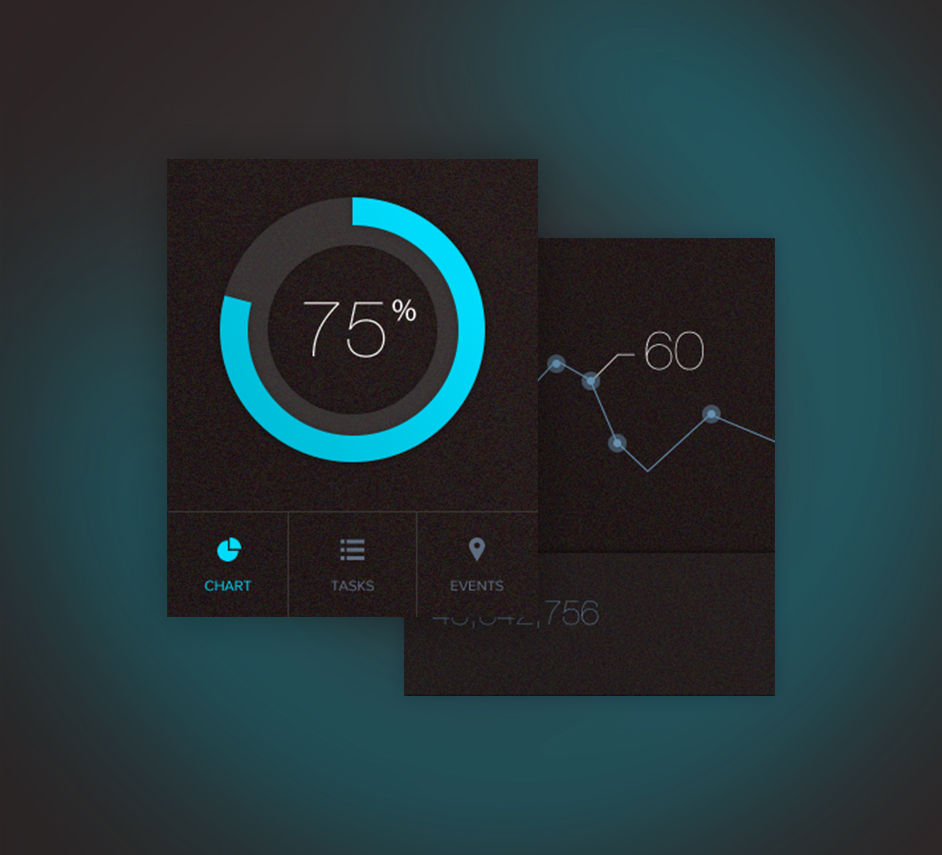Competitive Campaign Strategies to Boost Sales During Peak Periods
- Optima Danışmanlık

- Dec 4, 2024
- 4 min read
In the hospitality industry, peak seasons present great opportunities to increase sales and boost revenue targets. However, effectively capitalizing on these opportunities requires a strategic approach. During these competitive periods, offering only price advantages may not be enough; it is important to stand out and differentiate from your competitors with the right campaign strategies. In this article, we will discuss competitive campaign strategies that will increase your hotel sales during peak seasons in detail.
1. Drive Demand with Early Booking Discounts
Launching early booking campaigns before the peak season is an effective strategy to increase hotel occupancy. By offering discounts for bookings made by a certain date, you can secure room sales and ensure high season occupancy in advance. When offering early booking discounts, it is important to clearly state the benefits of these campaigns to attract guests' attention. For example, a clear message like "20% Early Booking Discount" will have a strong impact on potential guests.
2. Offer Value-Added Services with Package Pricing
Instead of offering just accommodation, creating value-added packages makes your offers more attractive to guests. For instance, you can create packages that include free breakfast, dinner, spa services, or city tours along with accommodation. Such packages reduce price sensitivity by offering more value to guests and provide an additional revenue source. Additionally, during high-competition periods, customizing the stay and offering unique experiences helps guests enjoy a more personalized service.
3. Apply Flexible Pricing Policies with Dynamic Pricing
During peak seasons, continuously tracking hotel occupancy and adjusting prices according to demand is one of the most effective ways to maximize revenue. The dynamic pricing strategy allows you to implement flexible pricing policies based on occupancy rates, demand fluctuations, and specific event dates. For example, raising prices when occupancy reaches 80% or increasing rates before a special event can lead to higher revenue. This flexibility allows your hotel to quickly adapt to market demand.
4. Increase Awareness with Social Media Campaigns
During peak seasons, increasing your visibility on social media channels and attracting the attention of potential guests is crucial. For example, you can boost engagement by offering special discounts, promo codes, or exclusive offers for social media followers. You can also increase social media traffic and bookings by running giveaways and announcing campaigns. Moreover, highlighting the unique experiences your hotel offers or events happening during the peak season in your campaigns is an effective way to capture guests' attention.
5. Rank Higher in Price Comparisons with Metasearch Advertising
Metasearch advertising allows you to appear at the top of platforms where potential guests compare hotel prices. Being visible on metasearch platforms during the peak season increases the likelihood that guests will choose your hotel. Particularly, appearing on popular platforms like Google Hotel Ads, Trivago, and Kayak broadens your hotel's reach. By highlighting your prices, packages, or early booking offers in metasearch campaigns, you can increase reservations.
6. Highlight Loyalty Program Benefits During Peak Season
Offering exclusive advantages to guests who are part of your loyalty program during peak season can encourage them to choose your hotel. For example, offering discounts, free room upgrades, or late check-out privileges to loyalty program members enhances customer loyalty. These perks encourage loyal guests to prefer you even during peak seasons, improving guest satisfaction. Additionally, promoting your loyalty program on your website and social media channels helps new guests take advantage of this program.
7. Increase Profit with Minimum Stay and Other Restrictions
Implementing restrictions like minimum stay requirements during peak periods allows you to manage hotel occupancy more efficiently. For instance, during busy periods such as New Year's, holidays, or local events, requiring a minimum stay of two or three nights increases room revenue without reducing the number of bookings. These restrictions help you achieve higher occupancy rates during periods of high demand and maximize your hotel's profitability.
8. Announce Peak Season Offers with Customized Email Marketing
Email marketing is an effective tool to announce your hotel’s special offers during the peak season. By preparing customized email campaigns, you can offer special deals tailored to your target audience for the peak period. For example, promoting special discounts to email subscribers or exclusive benefits to loyalty program members can encourage them to make a reservation. Using visually appealing designs and clearly communicating the campaign message will increase conversion rates.
9. Build Trust with User-Generated Content (UGC) Showcasing Guest Experiences
Sharing user-generated content (UGC) on your social channels and website, reflecting guests' experiences at your hotel, builds trust with potential guests. Photos, videos, and reviews shared by guests about their stay show that your hotel offers a warm and reliable experience. Highlighting such content allows you to present your hotel's atmosphere and experiences from the perspective of real guests, increasing your chances of attracting potential guests.
Conclusion
A successful campaign strategy during peak seasons not only increases your hotel’s occupancy but also keeps guests’ interest alive. By utilizing strategies like early booking discounts, dynamic pricing, social media campaigns, and metasearch advertising, you can elevate your sales. Customizing each campaign strategy based on your target audience and offering special deals will help your hotel stand out from competitors during peak seasons. With these comprehensive strategies, you can maximize profits during peak periods and ensure that guests choose your hotel.




Comments